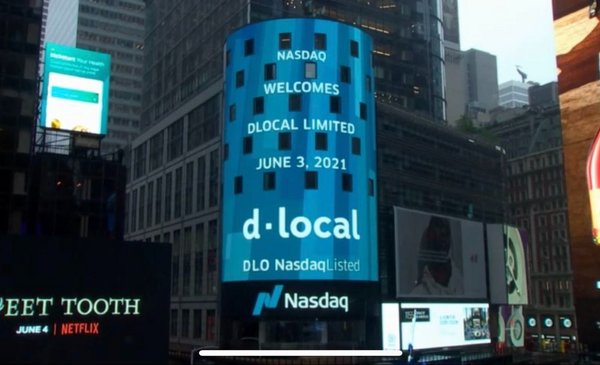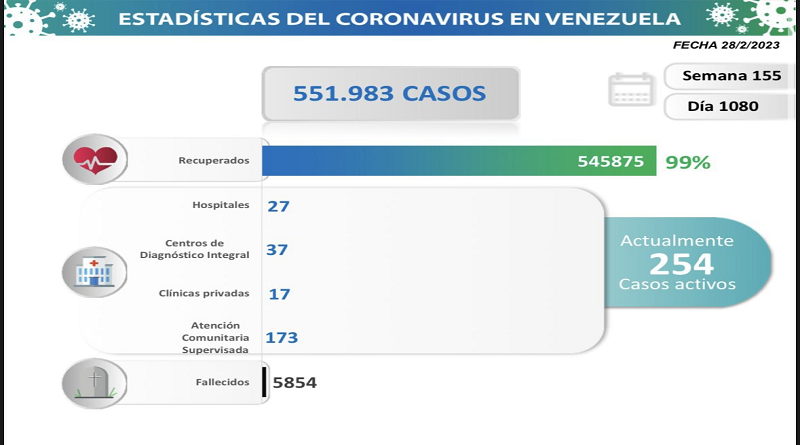The shares of the Uruguayan unicorn dLocal fell 6.1% this Friday on the Nasdaq, and were at their lowest level in the last 10 weeks. The titles traded in the range of US$ 14.6 by midafternoon.
On Thursday it was learned that the law firm Bragar, Eagel and Squire PC presented a class action lawsuit against the firm in the US Supreme Court, on behalf of all the people and entities that acquired securities in the 2021 IPO. In that sense, he called on investors to contact the lawyers before May to obtain more information about the claim, according to the communication.
DLocal connects global merchants with emerging markets, earning revenue from fees charged to merchants in connection with payment processing services for local and cross-border payment transactions.
Background
As explained by Bragar, Eagel and Squire PC, in June 2021 more than 33.8 million shares were issued at US$21.00 per share.
Among other points, they note that the registration statement “repeatedly promotes dLocal’s alleged ‘increasing and deepening relationships’ with new and existing global business customers,” and “tells potential investors that dLocal measures its success through its performance in terms of POS, or total payment volume,” while “offering historical POS data to support the narrative that dLocal has a strong track record.”
In addition, the registration statement, according to the plaintiffs, “informs potential investors that a plan is being implemented to improve the company’s internal controls over financial reporting.”
“However, the numerous representations in dLocal’s POS registration statement and its internal controls over financial reporting contained misrepresentations of material facts and failed to state material facts required by applicable regulations and necessary so that the statements made are not misleading”, said Bragar, Eagel and Squire PC in a public communication.
“Specifically, the registration statement misrepresents dLocal’s 2019 and 2020 new merchant derived POS, which, at the time of the initial public offering, were far lower than what the registration statement reported, as well as the fact that the remediation plan that dLocal implemented prior to the IPO was patently flawed and therefore incapable of improving the company’s internal controls over financial reporting.
google finance
“When the truth about the POS and the company’s internal controls hit the market, dLocal’s common stock plummeted by more than 50%. Total, investors have lost hundreds of millions of dollars”says the law firm.
In December dLocal announced a $100 million share buyback program, while denying the allegations.

















